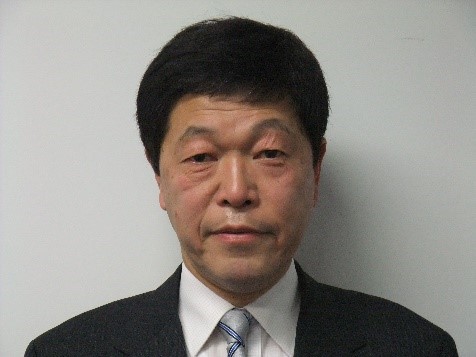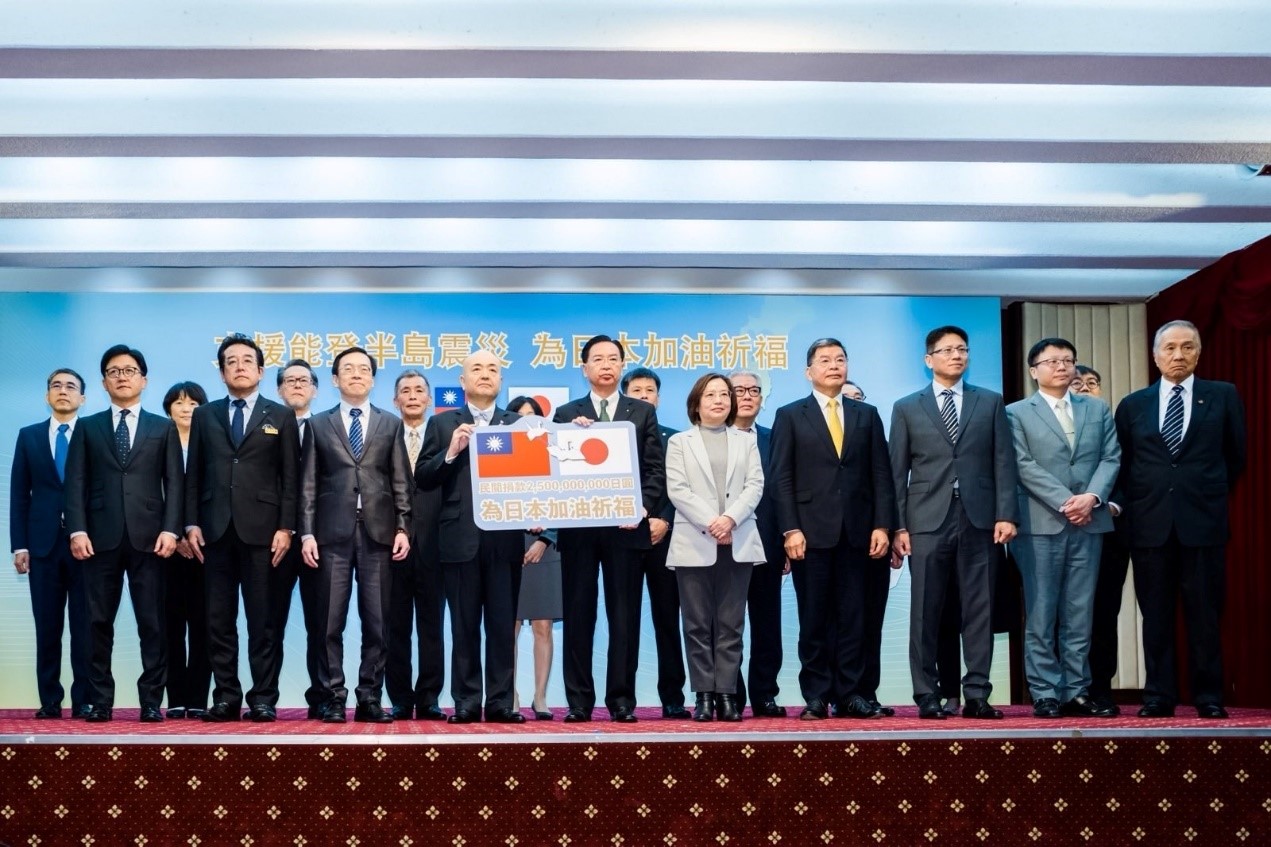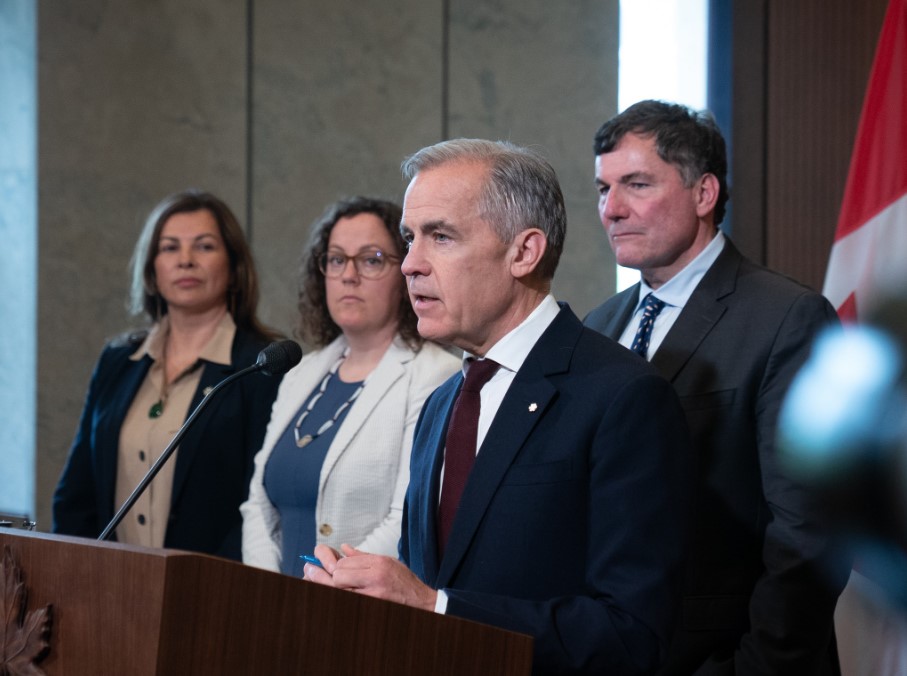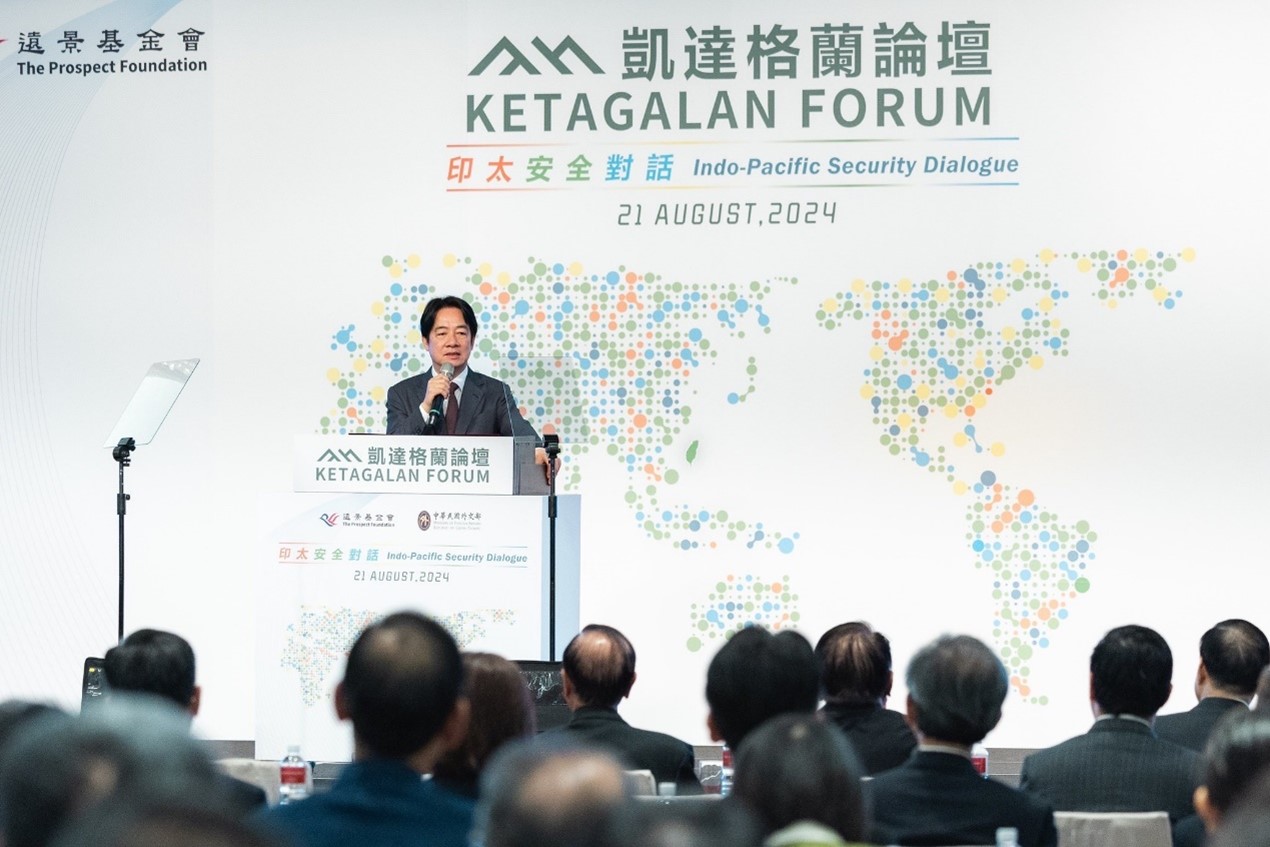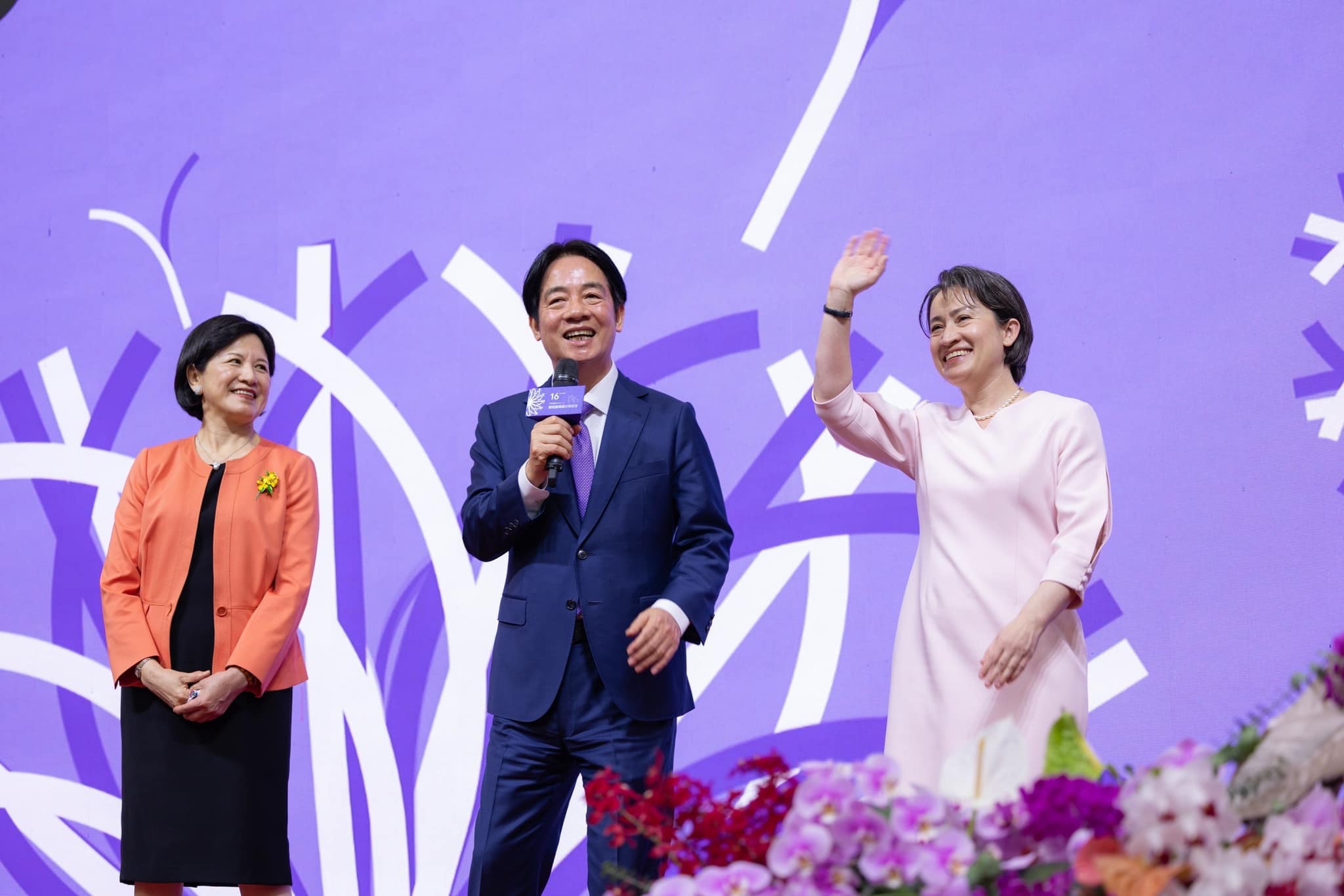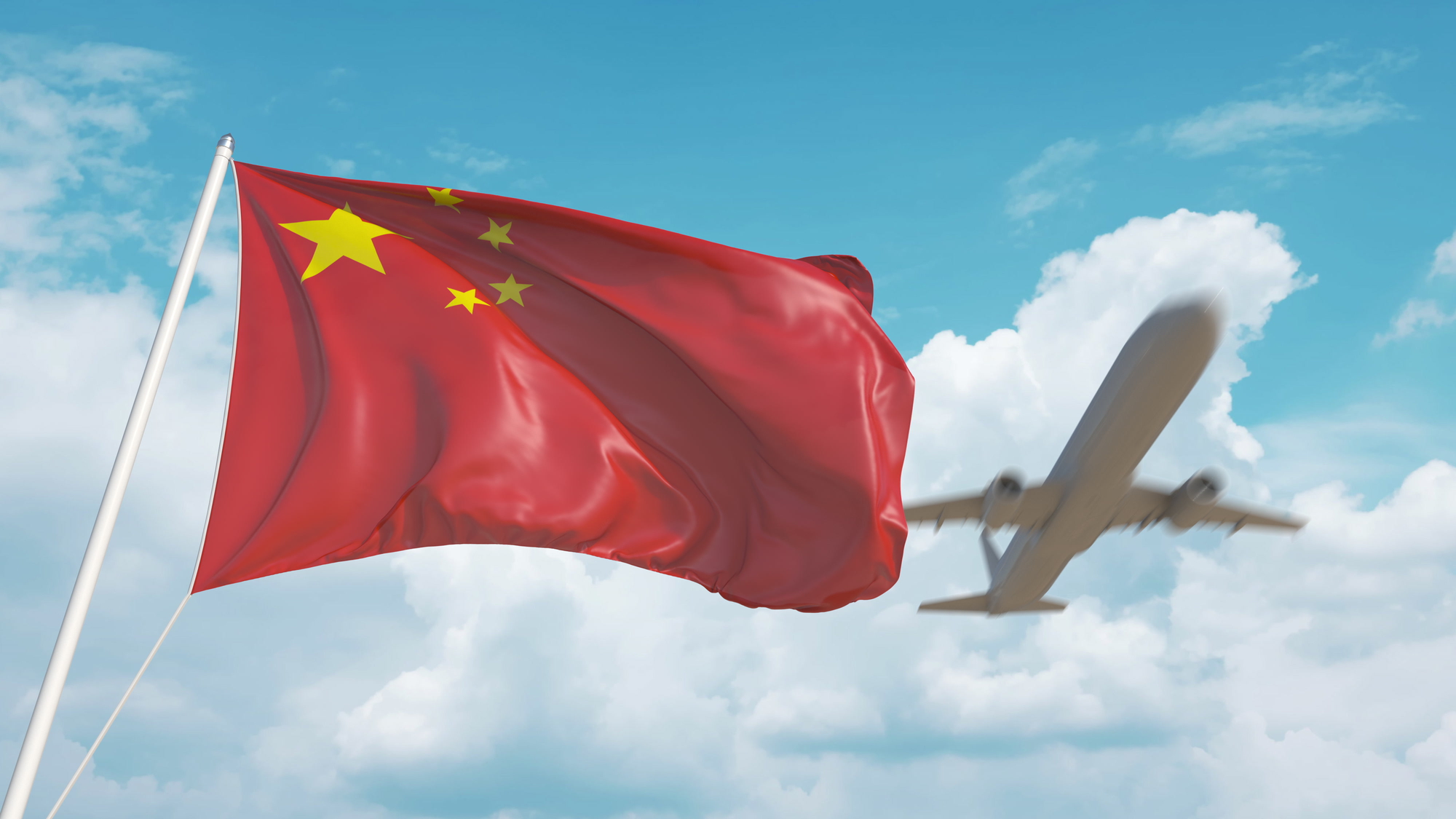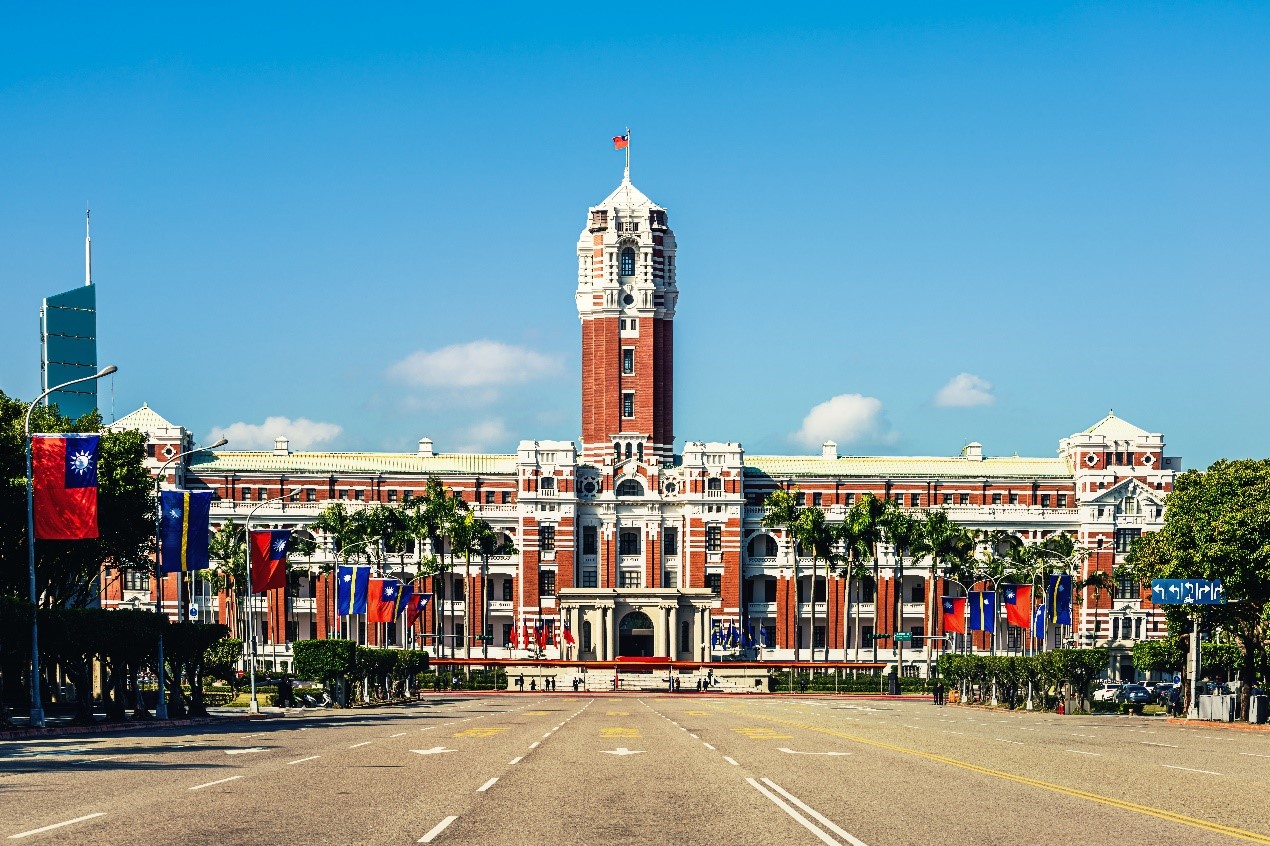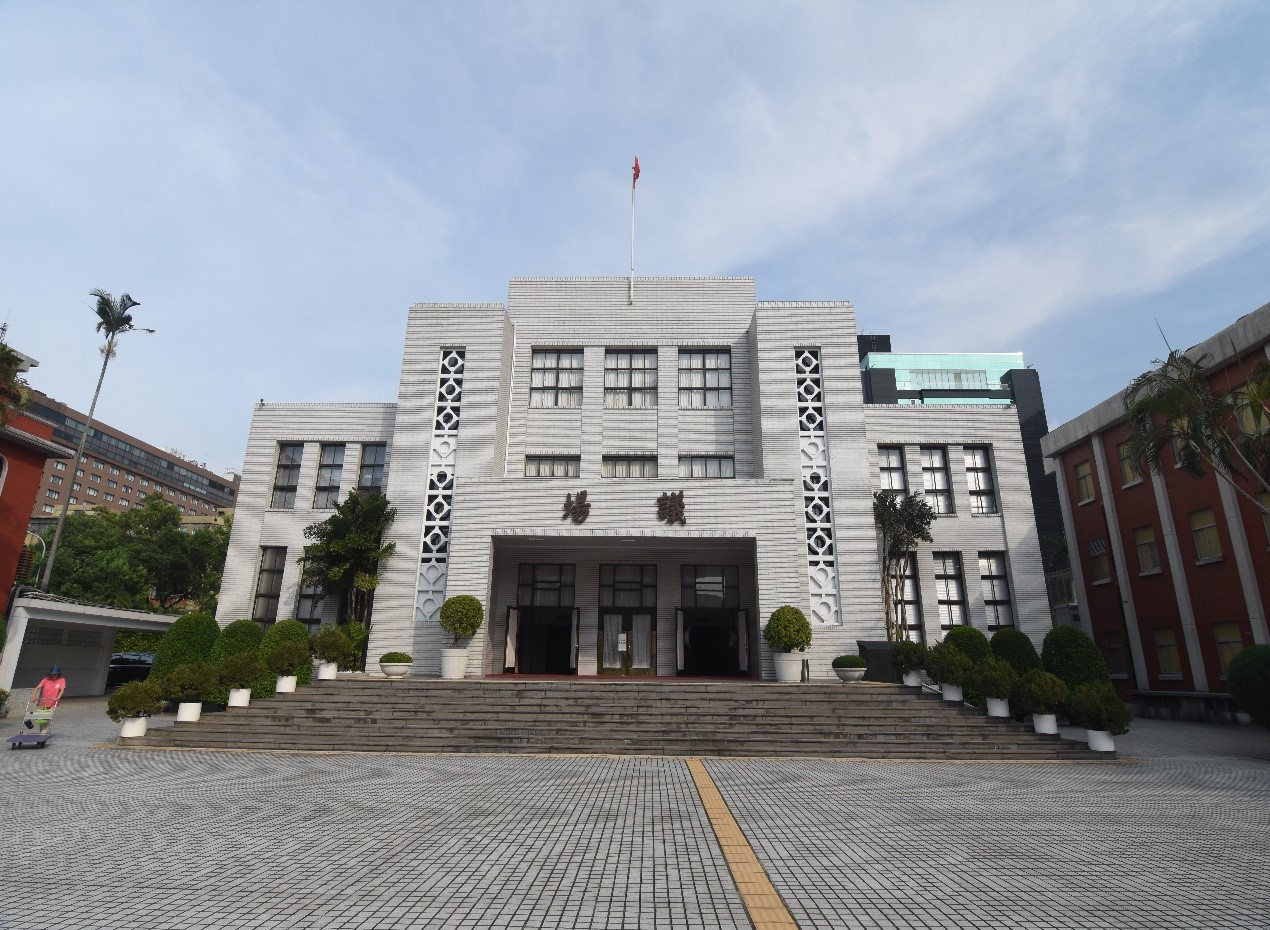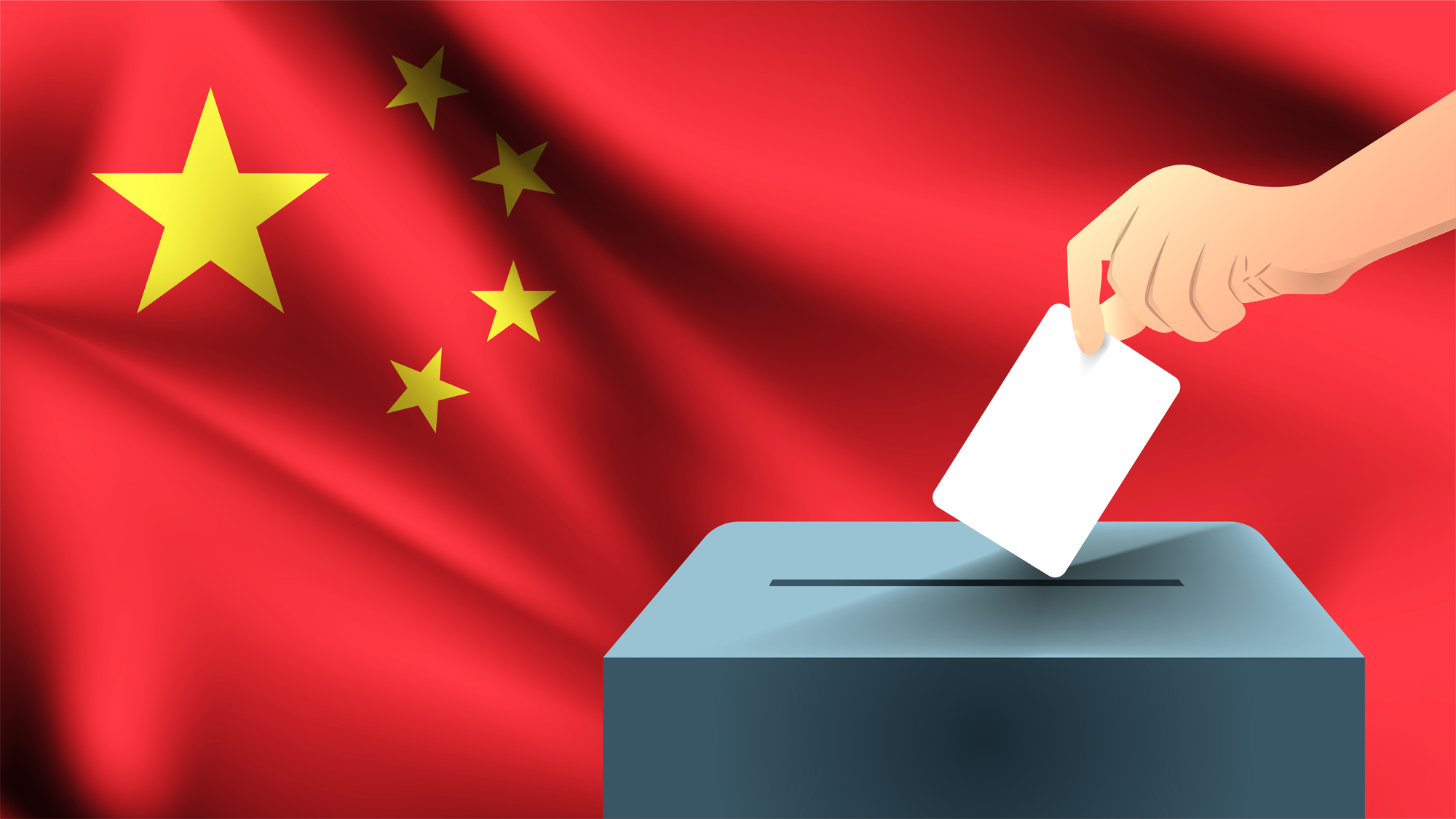Promoting the Japan-Taiwan Partnership After Taiwan’s Presidential Election
The saying that a Taiwan contingency is a Japan contingency is often heard in Japan. It shows increasing awareness among the Japanese of the strategic importance of Taiwan for Japan. Picture source: 日本台灣交流協會, January 26, 2024, Facebook, https://www.facebook.com/photo/?fbid=689880003313287&set=a.395427452758545.
Prospects & Perspectives No. 10
Promoting the Japan-Taiwan Partnership After Taiwan’s Presidential Election
By Hideshi Tokuchi
The saying that a Taiwan contingency is a Japan contingency is often heard in Japan. It shows increasing awareness among the Japanese of the strategic importance of Taiwan for Japan. This is due to four main areas:
First, Japan and Taiwan are geographically close to each other; at its nearest, the two are only 110km apart. Should an invasion of Taiwan break out, it will directly affect the territorial integrity and critical maritime trade routes of Japan. Thus, the security of Taiwan is inseparably linked to that of Japan.
Second, the two share the fundamental political principles and values on which the rules-based liberal international order is based, such as freedom and the rule of law. Promotion of these fundamentals generates stability and predictability as the basis of global prosperity.
Third, Japan and Taiwan are directly exposed to strong pressure from China as they sit in a position to thwart China’s maritime expansion toward the Pacific Ocean. This shared threat perception will form the basis of a more robust partnership.
And fourth, economic ties between the two countries cannot be overstated. Taiwan is an important trading partner for Japan and an indispensable supplier of semiconductors.
Taiwan’s presidential election and the East Asian security outlook
2024 is a year of elections. It began with the Taiwanese presidential election. The people in Taiwan have chosen to continue the diplomatic path laid by President Tsai Ing-wen to maintain autonomy in relation with China — i.e., not to provoke but not to compromise with China, and to enhance partnerships with other democracies, including the U.S. and Japan.
Taiwan has experienced eight presidential elections since 1996 and occasional changes of governments. The election demonstrated to the world that Taiwan is a vibrant democracy. Freedom House gives Taiwan a Freedom Score of 94, which is almost equivalent to the score of Japan and Australia and much better than that of the U.S.
East Asia is at the forefront of the great power rivalry. China has an ultimate goal of unification of Taiwan. For Beijing, the Taiwan “issue” is at the very core of China’s core interests. Chinese leader Xi Jinping told U.S. President Joe Biden in a summit meeting last November that the Taiwan “question” remains the most important and most sensitive issue in China-U.S. relations. He also said that China will realize unification and that it is “unstoppable.” China has also never abandoned the option of forceful unification if necessary.
Taiwan’s successful democracy, its pursuit of autonomy, and strong defense and international partnership to be more resistant to China’s pressure will likely make China’s reaction even more belligerent.
Uncertainties
There are two uncertainties relevant to Taiwan’s efforts to strengthen its international partnership: politics in the U.S. and in Japan.
First, the U.S. will hold presidential elections in November. Friends of the U.S. are concerned about the possibility of a reelection of Donald Trump and the risks that this could cause damage to alliances and partnerships. It that were the case, this would have a grave impact on the security of Taiwan and Japan.
Still, Trump is not what the U.S. is all about. For example, while the U.S. president is powerful, the Congress also has diplomatic powers. There is always strong support of the alliances and international partnerships in the Congress. Even if Trump is not reelected, there are a considerable number of Trump supporters among Americans and the next administration will have to accommodate them. Therefore, Trump should not be overrated or underrated. Allies and partners of the U.S., including Japan and Taiwan, must use the Trump factor as an opportunity to broaden their holistic engagements with the Americans.
Second, Japan’s domestic politics is shaky due to the fundraising scandal of the ruling LDP. As some politicians closely engaged in the Japan-Taiwan relations were involved in the turmoil, doubt seems to be growing among the Taiwanese on the future of the Japan-Taiwan partnership. Unstable domestic politics tends to weaken the power of the leadership. Under such circumstances, it will be more difficult for the Government of Japan to make politically sensitive decisions.
However, Japan’s growing attention to Taiwan is not unique to those specific politicians. Understanding of the importance of the bilateral partnership is more widely shared. The Taiwanese may want to utilize the current Japanese political situation as a chance to even expand their partnership with the Japanese.
Both the U.S. and Japan are diverse. Their attention and support to Taiwan should be viewed from a more holistic perspective on the respective societies. Risk should be considered a leverage to generate opportunity.
Japan’s roles in regional security
Japan will have to play important roles for regional security in relation to Taiwan.
First, Japan must keep the U.S. engaged in the region as an ally providing a dependable stationing environment for the U.S. military forces, no matter who will be the next president of the U.S. More effort to enhance the credibility of U.S. extended deterrence is also necessary in view of China’s rapid buildup of its nuclear force.
Second, Japan should explore the possibility of promoting security cooperation with Taiwan. As the world is increasingly connected and the dark side of globalization causes huge impacts on their individual and common security, it is natural for both sides to generate their security partnership as neighbors. There is limit in what Japan can do to promote it as the cooperation with Taiwan is premised on the position to maintain working relationship on the “non-governmental” basis. It would not be in the interests of Japan or Taiwan to provoke China, either. However, these limits must not be seen as justification for inaction by the Japanese government.
Third, Japan should help Taiwan enhance its presence in the global community and to expand its international breathing space. As Taiwan’s contribution to cross-border issues is indispensable, Taiwan should not be excluded from international efforts to tackle global issues.
The Way ahead
The Government of Japan has a will to deepen cooperation and exchanges with Taiwan. The Japanese Foreign Minister’s statement on January 13 congratulating the smooth implementation of the democratic election and Lai Ching-te on his victory is a clear sign.
The Government of Japan says that Taiwan is an extremely crucial partner and an important friend. This expression is reiterated even in the National Security Strategy of 2022. Today, the importance of maintaining peace and stability across the Taiwan Strait is an indispensable element of security and prosperity in the international community. This is highlighted in a number of diplomatic documents including Japan-U.S. joint statements, the G7 Hiroshima Leaders’ Communiqué and the Japan-Korea-U.S. Joint Statement “The Spirit of Camp David.” The Japanese are much more aware of the importance of Taiwan than ever before.
The Japanese side should not be complacent with this shared recognition. How to put this understanding into actual practice to ensure substantial cooperation is now the issue. As the security environment will not wait for the development of the partnership, both sides should begin to work for an extensive partnership immediately, making the best use of the inauguration of Lai as the next president of Taiwan.
(Hideshi Tokuchi is President, Research Institute for Peace and Security (RIPS).)

